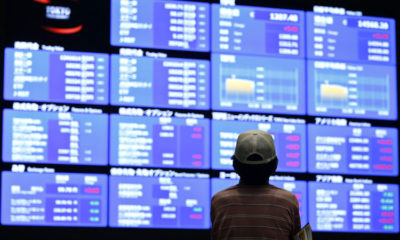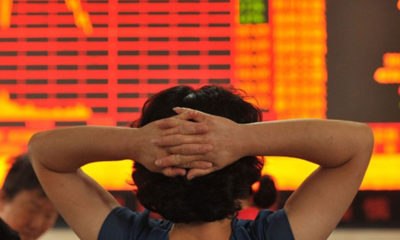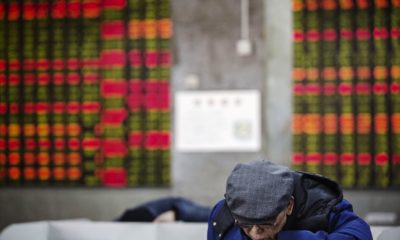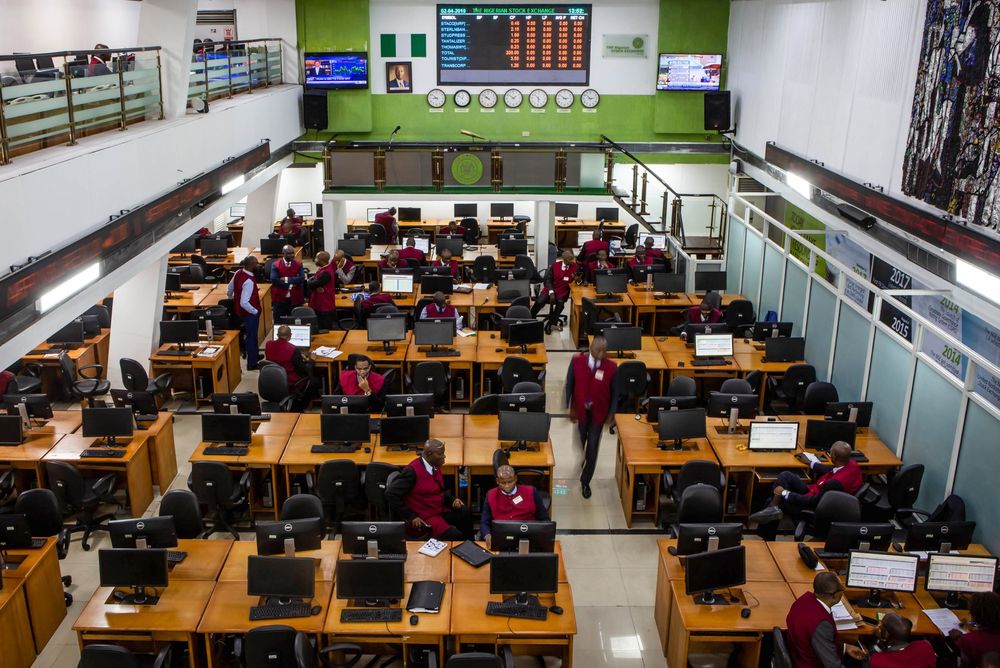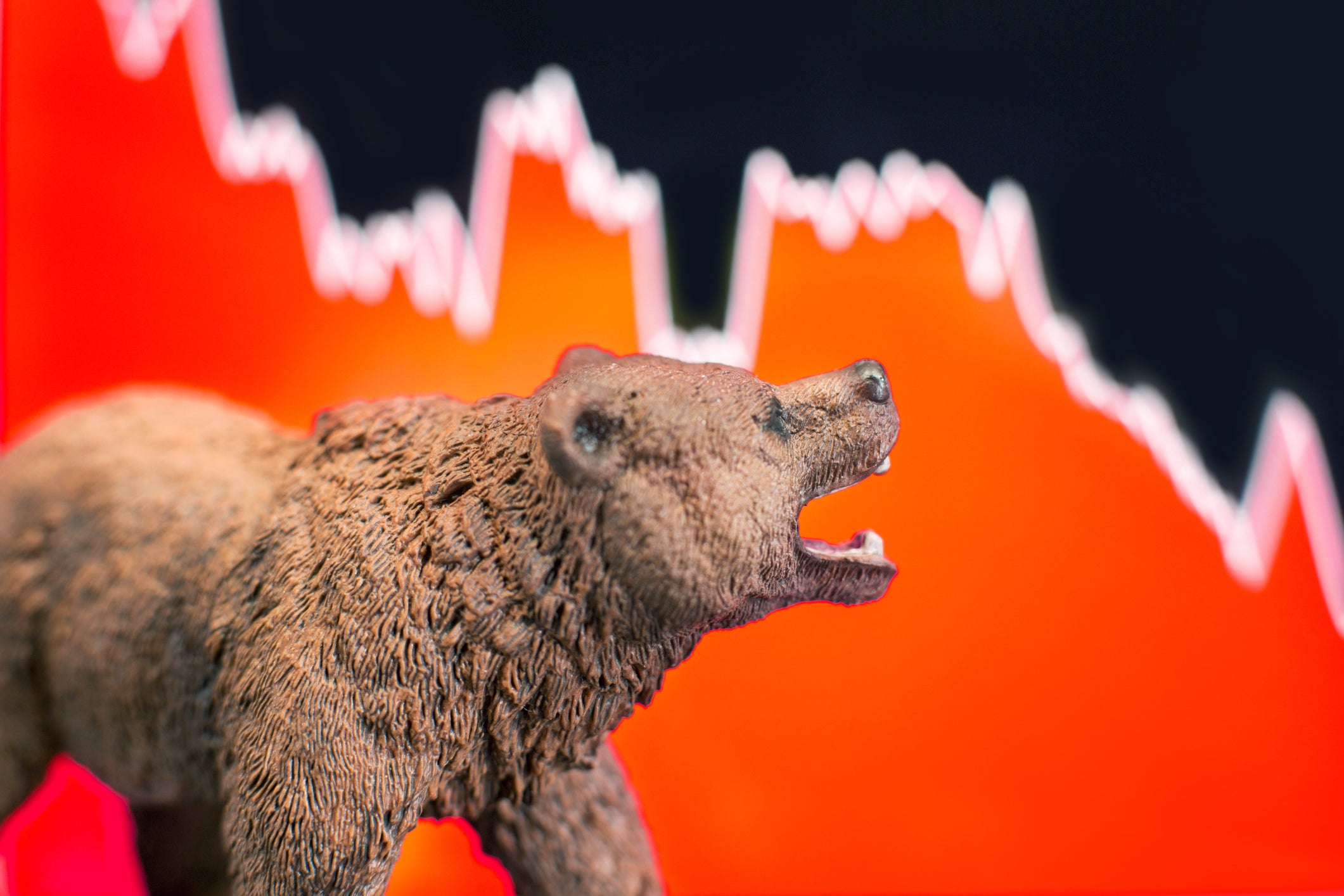Stock Market
Asian Shares Slip Ahead of Key Inflation Data and OPEC+ Meeting
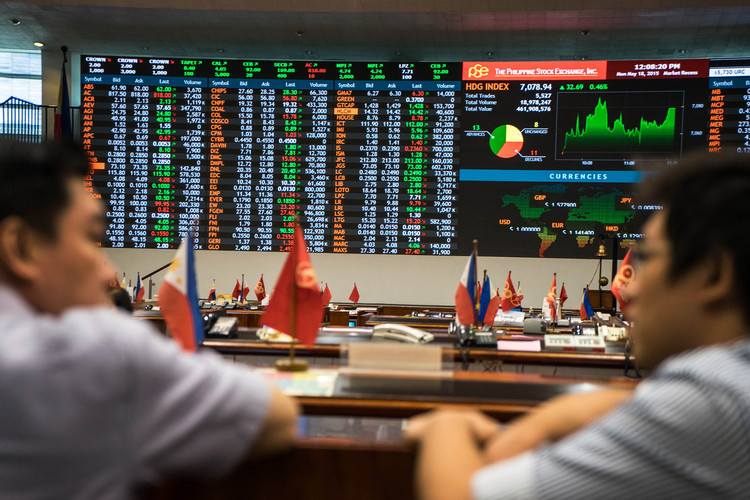
Nigerian Exchange Limited
Nigerian Equity Market Sheds N89bn Amid Rate Hike Fallout
Nigerian Exchange Limited
Nestle Nigeria Leads Gainers as Equities Market Appreciates 0.11% Despite MPC Decisions
Nigerian Exchange Limited
Nigerian Stock Market Sinks as Benchmark Index Hits January Levels
-

 Naira4 weeks ago
Naira4 weeks agoDollar to Naira Black Market Today, April 24th, 2024
-

 Travel4 weeks ago
Travel4 weeks agoSaudi Arabia Breaks 70-Year Alcohol Ban, Opening Shop for Diplomats
-

 Naira3 weeks ago
Naira3 weeks agoDollar to Naira Black Market Today, April 30th, 2024
-

 Jobs4 weeks ago
Jobs4 weeks agoJob Cuts Hit Tesla: More Than 6,000 Positions Axed Across Texas and California
-

 Naira4 weeks ago
Naira4 weeks agoDollar to Naira Black Market Today, April 25th, 2024
-

 Travel4 weeks ago
Travel4 weeks agoDelta Air Lines Flight Diverts to Togo After Passenger Dies Midair
-

 Cryptocurrency4 weeks ago
Cryptocurrency4 weeks agoU.S. Prosecutors Recommend 36-Month Prison Term for Binance Founder Changpeng Zhao
-

 Naira2 weeks ago
Naira2 weeks agoBlack Market Dollar to Naira Exchange Rate Today 6th May 2024




